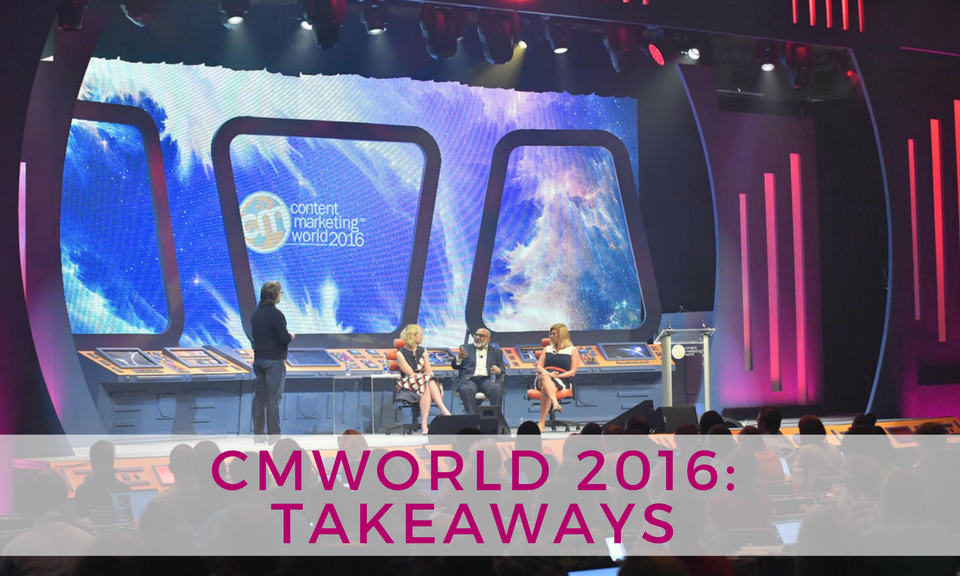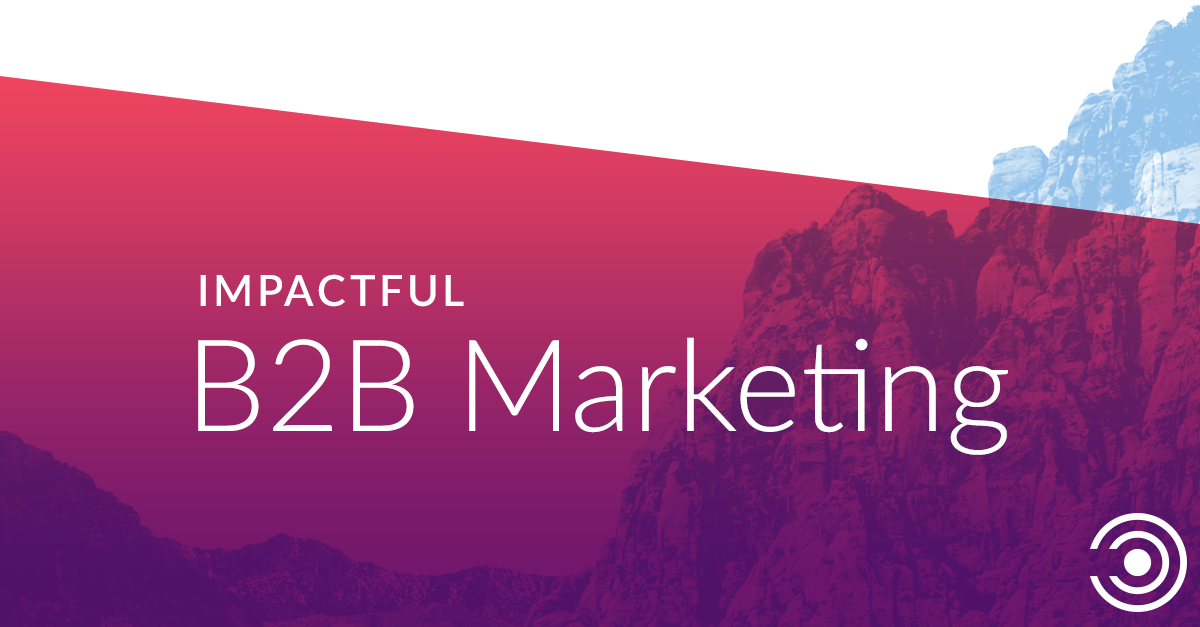Leveraging Thoughtfulness to Inspire, Win Customers, and Build Loyalty

Marketing, as we used to know it, is on life support. Here’s how thoughtfulness will become the new marketing—and why it matters to you right now.
Today alone, you’ll be presented with more than 5,000 marketing messages.
Let that sink in for just a second. That’s about 208 messages per hour, or 3 messages per minute. That’s an anxiety-inducing amount of messages vying for your attention; each trying to sell you something with their “call now”, “buy today” or “do something” messages. That’s everything from billboards to radio ads to promotional flyers.
We’ve had enough of that kind of marketing.
And we’re starting to revolt. Today, many content sites are going “distraction-free.” We DVR shows and binge-watch Netflix so that we can skip the commercials. We register our numbers on the Do Not Call list to keep telemarketers at bay. We pay for Spotify and Pandora accounts to keep ads from disrupting our music. Many of us have installed ad-blockers on our laptops. We’ve even set up inbox filters to keep those 300+ marketing emails in a folder that we never have to see.
And, on top of all this, Google is googling things for us and answering our questions without sending us to the websites that provide those answers. Which is really convenient unless, of course, you actually want people to visit your website.
So the question: what do marketers do now?
The rise of thoughtfulness.
I believe that now, more than ever, it’s imperative for marketers to be thoughtful—to view ourselves more as relationship builders than message yellers.
The marketers who inspire will see more success than those who shout. The ones who cultivate meaningful, helpful, value-based experiences will win over more customers than those who don’t. And the businesses who consistently deliver thoughtfulness will enjoy more loyalty, more endorsements and more repeat business from their customers.
This is the new marketing:
- Rather than, “what do we say?”, it’s “what can we contribute to the conversation?”
- Rather than, “let’s write more blogs”, it’s “what problems are the people we care about trying to solve?”
- Rather than, “how do we get more leads?”, it’s “what do the people who buy from us need before they are ready to make a decision?”
- Rather than, “why is no one opening my newsletter?”, it’s “how does my newsletter enrich the lives of the people that open it?”
The future of marketing isn’t marketing: it’s education and personalization. Both hinge on thoughtfulness. No one wants an annoying neighbor who knocks on your door whenever he feels like it and yaks your ear off about things you don’t really care about while you’re trying to eat dinner.
We all love the neighbors who understand social signals, care enough to ask about us, and stop in for a chat when the time is right.
Be the better neighbor. Your current and future customers will love you for it.

